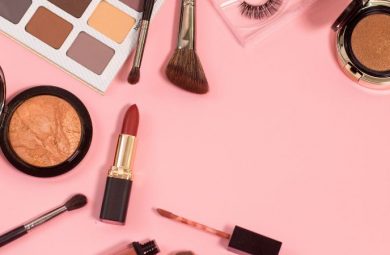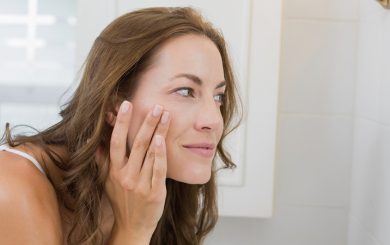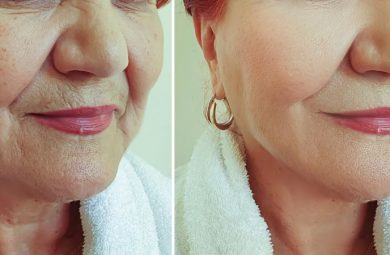While there’s no sweeter feeling than finally get rid of that pimple that has been taunting you all week, we all know it’s not the end of the story. Left behind is not beautifully clear skin, but scarring to remind you of what was there previously. Find out how to get rid of acne scars to enjoy a clearer and smoother complexion.
Preventing Acne Scarring
Acne is caused by a whole multitude of reasons, whether it’s genetic, hormones, diet or stress, acne is a result of clogged and bacteria-ridden skin. Acne scarring is a reminder of the damage done to your skin. Scars can be dark red or brown and leave skin looking uneven and textured.
Acne scars can last for months on some skin types. For example, acne scars are particularly more noticeable on those with fairer complexions. Regardless of whether you have dry, oily, sensitive or combination skin, acne scarring can affect anyone – there’s no escaping!
However, one of the best things you can do to prevent your spots from scarring is not to pick them. Not only does picking cause for the spread of bacteria so more acne, but it also slows down the healing process so your scarring will be more prominent and will last for longer. However tempting it is, it’s just not worth it!
How to Get Rid of Acne Scars
Unfortunately, no secret cure is going to get rid of acne scars overnight. However, there are plenty of options to speed up the fading process so you can enjoy healthier and clearer-looking skin quickly.
Natural Methods
If you want to find out how to get rid of acne scars in the most natural way possible, then you’ve come to the right place! There are a fair few methods and ingredients which will naturally fade scarring over time.
The first option is lemon juice. Lemon is a natural skin bleacher and can help to lighten and brighten the skin, including acne scars. Mix up a combination of lemon and water and apply directly to the scars, rinsing off after 20 minutes. Alternatively, apply pure lemon juice directly to the scar for an overnight intensive treatment.
Always be careful when applying lemon juice as it can be drying to the skin and can make your skin more sensitive to sun damage. Always use a moisturizer after lemon juice and rinse off thoroughly before going into the sun.
Aloe vera is another great natural remedy for acne scars. It helps to repair damaged skin and promote healthy skin growth so is perfect for clearing up fresh acne scars. Just massage the gel from an aloe vera leaf onto your scars and rinse off after 30 minutes. This can be done morning and evening to speed up the healing process.
Related Search Topics (Ads)
Related Products
Laser Treatment
If you have pitted or raised scars, you may need to visit your dermatologist to find out the best way to get them removed. One of the most common treatments is using lasers to remove the scars and stimulate collagen production to repair the skin. Laser treatment can take a few sessions to remove the scars completely. While laser therapy is an expensive option, it can make dramatic differences on those with moderate and severe scarring.
Glycolic or Salicylic Acids
One of the most effective ways to remove dead skin cells is to exfoliate and while manual exfoliants may be too abrasive for sensitive and acne-prone skin, using a chemical exfoliant is a perfect choice. Glycolic and salicylic acids are both known for being amazing chemical exfoliants. They’re becoming increasingly popular in skincare products, whether that’s cleaners, treatments or moisturizers.
The acids work by gently shedding dead skin cells and encouraging new skin cell turnover. This is a great option for those who want to fade acne scarring quickly.
Applying Retinol-Based Products
Retinol is a vitamin A derivative which has a whole range of skincare benefits. It is often found in anti-aging products as it encourages skin cell turnover and boosts collagen production. It is one of the only ingredients proven to reverse the signs of premature aging.
Retinol can be used to target acne scars as it helps fade skin discoloration. However, be careful when using retinol as it makes your skin more sensitive to UV damage and can cause sensitivity when used frequently.
Whether you’re going for a more natural option, an expensive treatment at the doctors or switching up your skincare routine, fading acne scars is possible for a clearer complexion. Just always make sure you start slowly with any treatment as you don’t want to bring that dreaded acne back!







